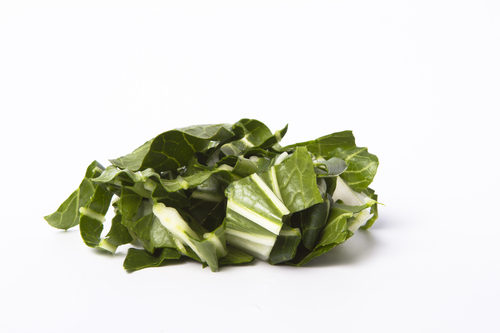How do foods commonly eaten by Chinese communities fit into the four food groups?
How do foods commonly eaten by Chinese communities fit into the four food groups of Canada’s Food Guide?
Vegetables & Fruit
Leafy vegetables
e.g. Leafy greens, Mustard greens
Fresh, frozen, cooked or canned
Large-sized
e.g. Banana, Cucumber, Sweet potato, Yam
Medium-sized
e.g. Pear apple, Carrot, Mango, Orange, Papaya
Small-sized or cut-up
e.g. Bamboo shoots, Bean sprouts, Celery, Chayote, Chinese cabbage (bok choy, Napa cabbage, choy sum), Chinese okra (luffa), Chives, Dates, Durian, Eggplant, Gai lan (Chinese broccoli), Ginger, Green beans (yard long), Green pepper, Guava, Jicama, Longan, Loquat, Lychees, Melons (bitter, fuzzy, winter), Mung bean sprouts, Mushrooms,Pea pods, Persimmon, Plum, Pomelo, Snow peas, Soybean sprouts, Star fruit, Summer squash, Tangerine, Tomato, Water chestnuts, Watercress
Roots
e.g. Carrots, Daikon (Chinese radish), Leeks, Lotus root, Onions, Radish, Taro
Grain Products
Breads
Buns (plain or with meat and/or vegetable stuffing)
Bread, refined
Grains
e.g. Millet, Oats, Rice
Wheat flour, Wonton
Congee
Dumpling wrappers
Pasta, Noodles
Macaroni
Noodles (chow mein, mung bean starch, rice, wheat)
Sweet buns
Milk & Alternatives
Milk (often flavoured)
Custard
Fortified soy beverage
Meat & Alternatives
Dried beans
e.g. Fava beans, Mung beans, Red beans, Soybeans
Dried peas
e.g. Black eyed peas, Split peas
Fish—fresh, frozen, canned or dried
Seafood—fresh, frozen, canned or dried
e.g. Clams, Crab, Mussels, Prawns, Scallops, Shrimp, Squid
Tofu
Poultry
e.g. Chicken, Duck
Meat
e.g. Beef, Lamb, Mutton, Pork, Pork sausage
Organ meats
e.g. Kidney, Liver, Pig feet, Tripe
Soy beverage—unfortified
Eggs
Nuts
e.g. Almonds, Cashews, Chestnuts, Peanuts, Walnuts
